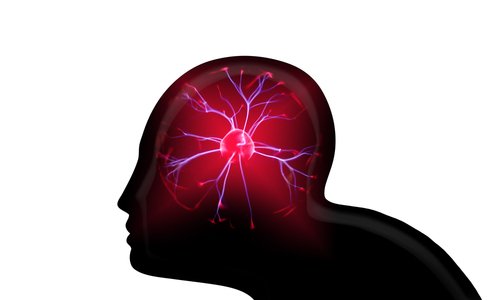Pain Therapeutics’ PTI-125, Potential Treatment for Alzheimer’s, to Undergo Phase 1 Clinical Trial
Written by |

Pain Therapeutics will soon launch a Phase 1 clinical trial to study the safety and efficacy of PTI-125 in treating Alzheimer’s disease.
The announcement came after the U.S. Food and Drug Administration (FDA) accepted the company’s investigational new drug application for the therapy. It follows a recently awarded $1.7 million research grant by the National Institutes of Health (NIH) to study PTI-125 in humans. NIH gave the grant after a competitive, in-depth evaluation of PTI-125 for its scientific and technical merit as well as its potential.
PTI-125’s clinical program will start with a Phase 1 “first-in-human” study that will assess the drug’s safety profile and pharmacokinetics, and provide information for optimal dosing. The study’s design is based on FDA feedback and results from previous preclinical studies with PTI-125. The company, based in Austin, Texas, is likely to release results later this year.
PTI-125 is an oral, small molecule drug that has been shown to significantly improve Alzheimer’s neurodegeneration in animal models of the disease and in post mortem brain tissue from Alzheimer’s patients, including receptor dysfunction, neuroinflammation, tau protein modification and insulin resistance, as well as plaques and tangles, which are hallmarks of Alzheimer’s.
According to results of a recent study, “PTI-125 reduces amyloid-related Alzheimer’s pathogenesis by targeting filamin A,” that appeared in the journal Alzheimer’s & Dementia, PTI-125 works by binding to a particular site on filamin A (FLNA), a protein critical to beta amyloid’s toxicity.
Beta amyloid1-42 (A42) exerts its toxic effects with the help of FLNA, causing the tangles and plaques found in the brains of people with Alzheimer’s. By inhibiting FLNA, PTI-125 halts the formation of beta amyloid toxic products. The study also showed that PTI-125 had a powerful anti-inflammatory effect.
Alzheimer’s results from the accumulation of faulty proteins such as beta-amyloid, leading to the formation of beta-amyloid plaques that greatly interfere with proper neuronal activity and eventually cause the death of euros. Accumulation of the tau protein also contributes to the pathology of Alzheimer’s and has been shown to be directly associated with cognitive decline in patients with the disease.





